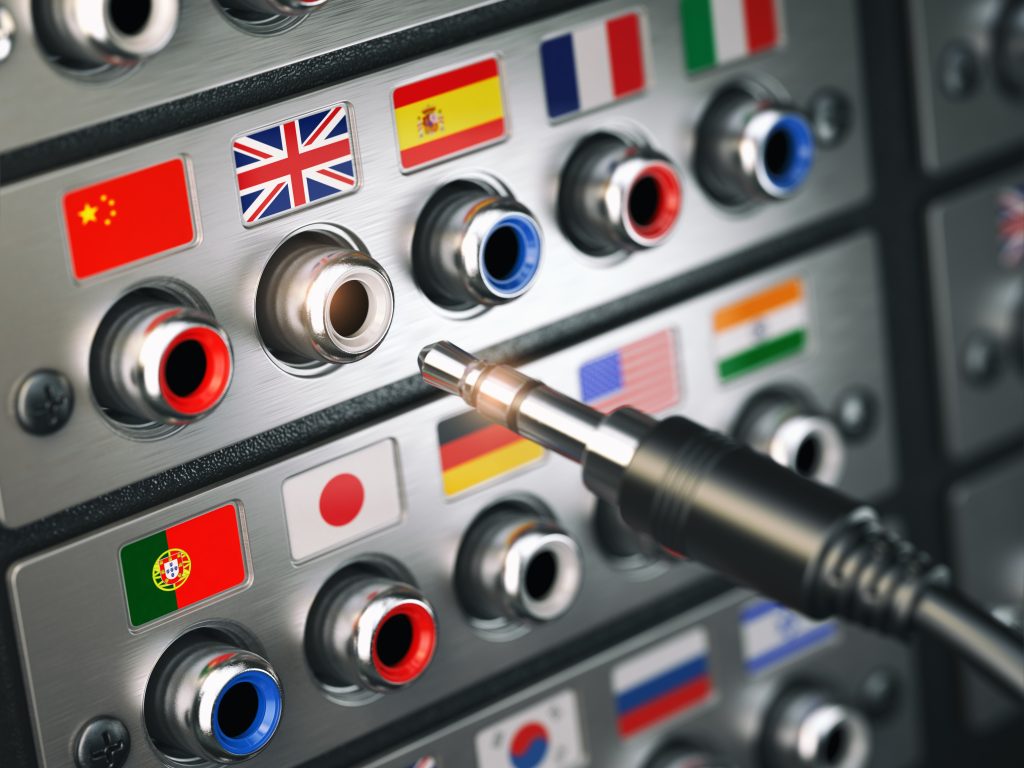Many people say that music is a universal language. This is especially important in a moment where global pandemic and political tension seem to discourage international exchanges and dialogue.
Music, with its universal reach, can be a fun and engaging way to find out more about new cultures and languages, and the UK and US are experiencing a significant growth of foreign music adepts in recent years.
The K-pop and Latin Outbreak
The UK and US top charts usually feature a long list of local artists, and, until not too long ago, foreign musicians making it to the top were either singing in English or confined to a few one-hit-wonders (such as La Bamba by Los Lobos or 99 Luftballoons by Nena).
The revolution probably started in 2017, thanks to Louis Fonsi’ global hit Despacito. After hitting number 1 in every chart, this Latin song quickly became the most popular video ever on Youtube, with over 6.8 billion views as of July 2020:
From that moment on, Latin music has become more and more popular in English speaking countries, with artists such as Little Mix, Cardi B, and DJ Snake making music in Spanish.
But Reggaeton artists are not the only ones benefitting from this increased popularity.
K-pop, the colourful and highly choreographic genre coming from South Korea, is achieving more and more number-one albums in US billboards with groups such as the boyband BTS or the Blackpink girl group.
What’s Behind the Shift
According to experts consulted by the BBC, the reason for this shift is the progressive change in consumer habits allowed by the Internet. With Youtube and Spotify as the main channels for music, enthusiasts all over the world can now curate their own playlists, without being influenced by traditionalist labels or producers.
Moreover, the success of Latin music is also probably tied to the 15 million Spanish-speaking immigrants in the US.
Come for the Music, Stay for the Language
Listening to non-English music not only is a great way to discover new artists and rhythms, but also one of the best ways to find out more about new cultures and languages.
This exposition to new sounds and cultural landscapes will enrich our lives and contribute to building a more interconnected and tolerant world.
